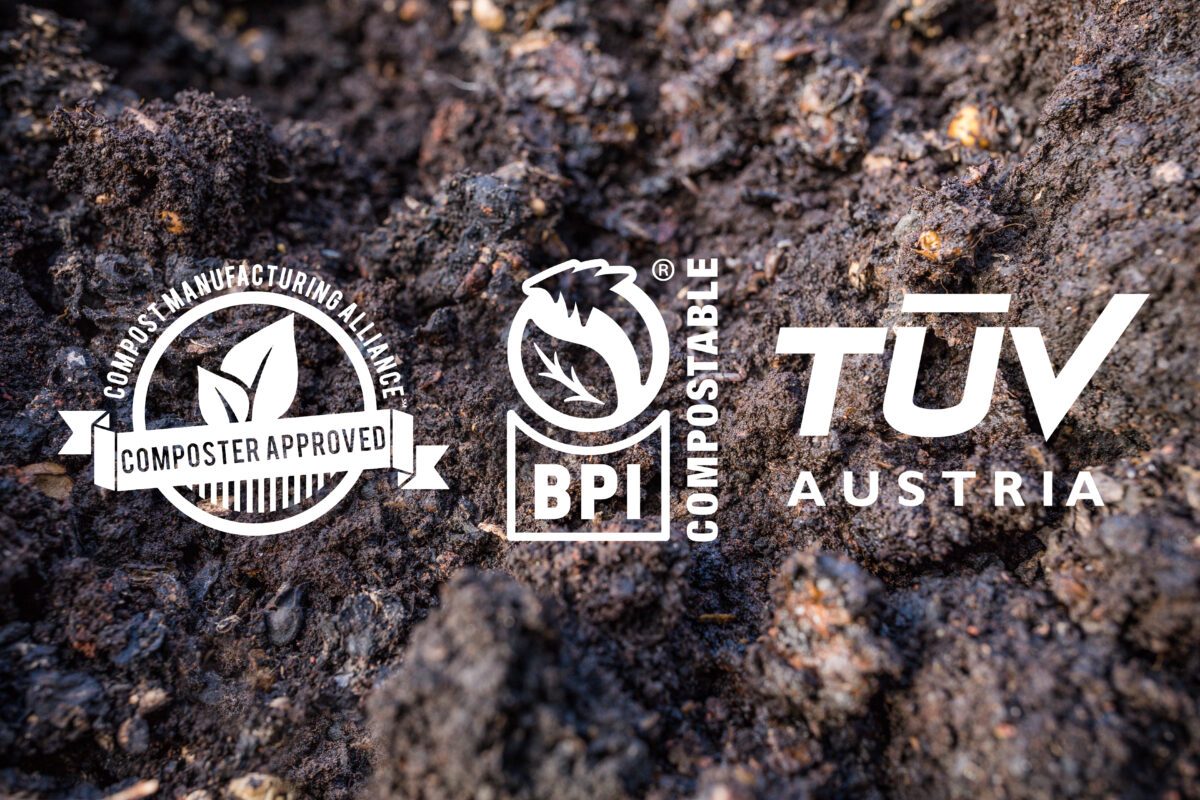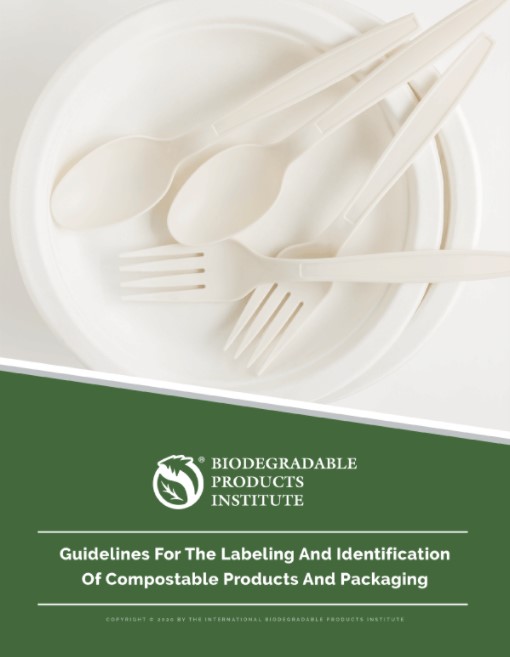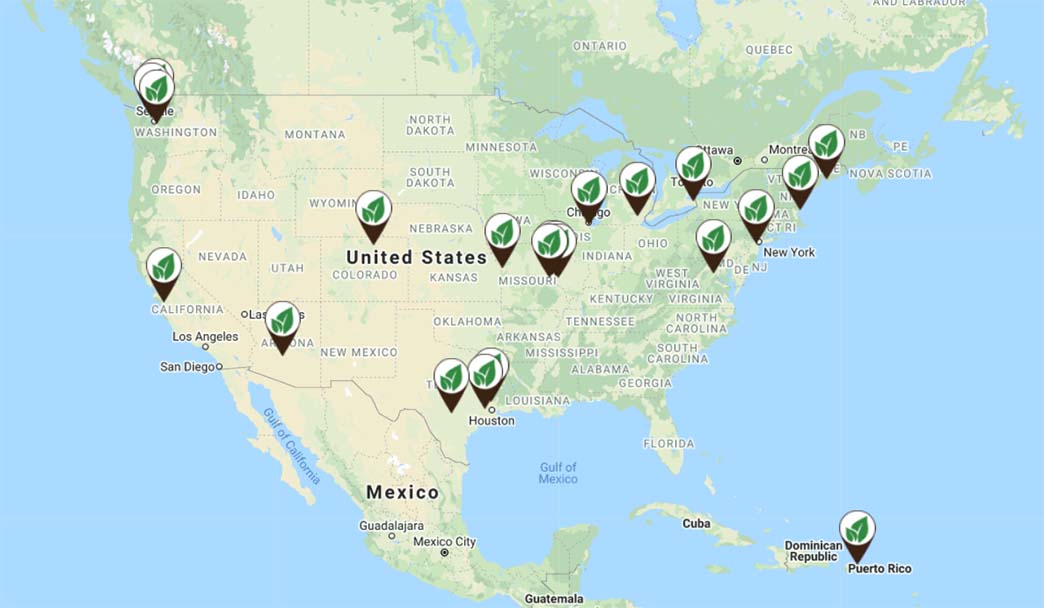Third party “certs” are a critical aspect of our industry to help set Better Earth products apart and verify our compostability. Learn more about what the top two compostable certification leaders in our industry, BPI or the Biodegradable Products Institute and CMA or Compost Manufacturers Alliance, are doing to address greenwashing and confusion at composting sites. We’ll hear from Wendell Simonson, the Marketing Director at BPI, and Susan Thoman, the Managing Director of CMA.
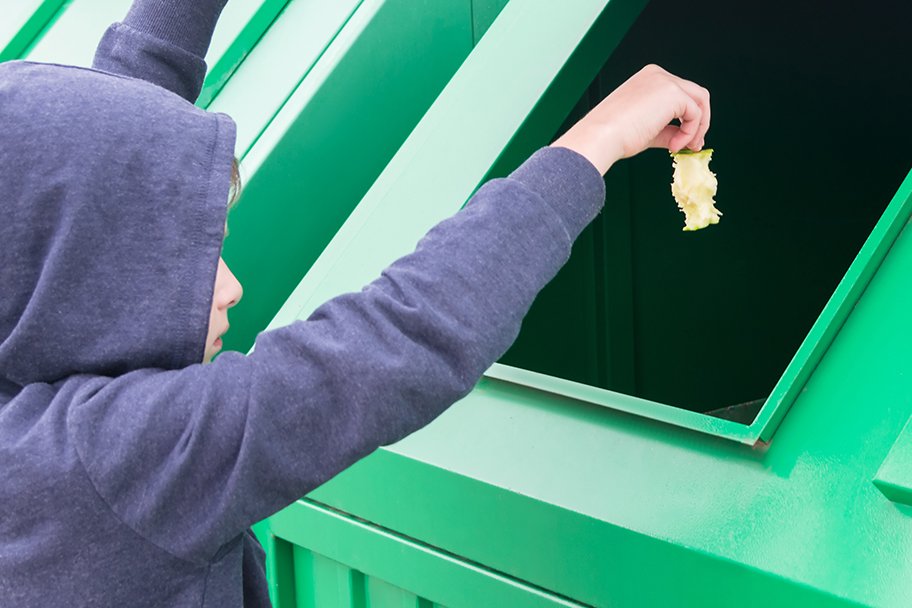
Adding organic waste to a commercial composting bin
Can you elaborate on the critical role you feel third-party certifiers play in the compostables industry? And how your organization is working to build trust across the value chain, from compostable manufacturers to end-users to composters?
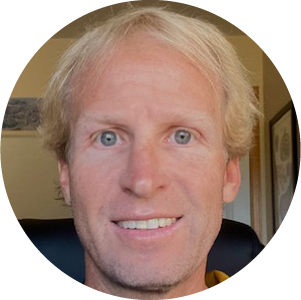 Wendell Simonson, Marketing Director, Biodegradable Products Institute (BPI) – Third-party verification is critical for consumer confidence in a lot of industries, but it is particularly important with compostable products because the verification we are providing is around end-of-life claims. It is bad enough when a product is sold to a business or consumer based on misleading claims, but it is way worse when a composter accepts a product or package into their operation that was sold or marketed as compostable when it actually was not. The contamination that results from non-compostable “look alike” products masquerading as compostable is probably the biggest barrier to getting more compostable products accepted at compost facilities, and (BPI’s) third-party verification combined with proper on-product labeling are the first lines of defense against this threat.
Wendell Simonson, Marketing Director, Biodegradable Products Institute (BPI) – Third-party verification is critical for consumer confidence in a lot of industries, but it is particularly important with compostable products because the verification we are providing is around end-of-life claims. It is bad enough when a product is sold to a business or consumer based on misleading claims, but it is way worse when a composter accepts a product or package into their operation that was sold or marketed as compostable when it actually was not. The contamination that results from non-compostable “look alike” products masquerading as compostable is probably the biggest barrier to getting more compostable products accepted at compost facilities, and (BPI’s) third-party verification combined with proper on-product labeling are the first lines of defense against this threat.
 Susan Thoman, Managing Director, Compost Manufacturing Alliance (CMA) – Consumers, hauling companies, cities, and compost manufacturers must all work in unison to create successful, regionalized organics collection and processing programs. These programs have tremendous value and allow businesses and homeowners to take valuable materials once wasted in a landfill (at great economic and environmental cost) and convert them into soil amendments that give back so much to our communities and the earth. The materials that come into compost facilities for processing must also add value to the program, and third-party certification on compostables is critical to ensuring that feedstocks (the raw materials used to make compost) are maintained at the highest quality standards.
Susan Thoman, Managing Director, Compost Manufacturing Alliance (CMA) – Consumers, hauling companies, cities, and compost manufacturers must all work in unison to create successful, regionalized organics collection and processing programs. These programs have tremendous value and allow businesses and homeowners to take valuable materials once wasted in a landfill (at great economic and environmental cost) and convert them into soil amendments that give back so much to our communities and the earth. The materials that come into compost facilities for processing must also add value to the program, and third-party certification on compostables is critical to ensuring that feedstocks (the raw materials used to make compost) are maintained at the highest quality standards.
CMA builds trust across the value chain by connecting innovators and designers of compostable packaging with CMA experts and facilities that are working together to ensure the appropriate ASTM lab standards (D6400 and D6868) are met on certified products, and that they are also field tested in today’s processing technologies to ensure they work well within our current solid waste systems. CMA, in essence, connects both the supply chain and the solid waste system in a “manufacturer to manufacturer” model of engagement, emulating a circular economy model to respectfully design the future of compostables together. That collaborative engagement model builds trust and progress on both sides of the system, as CMA is the only certifier attached to a large and growing network of compost manufacturing facilities.

Sample of contamination in composting facilities
What do you feel are the biggest challenges and opportunities third-party certifiers are navigating today?

Susan Thoman, CMA – There are so many groups, initiatives, associations, and governmental agencies working to minimize plastic pollution in the environment and encourage more composting and compostables, yet there is a huge gap in the feedback loop between the supply chain and the compost manufacturing industry to develop a common vision for the future. I think third party certifiers have a unique opportunity to lead this collaboration through unique business models and working relationships that respectfully further the advancement of our mutual and collective knowledge of what is possible with compostables now and in the future. CMA works diligently to connect leading brands and manufacturers with leading compost manufacturing experts and facility owners to pioneer new spaces, and have new discussions that accomplish this goal.
 Wendell Simonson, BPI – For us it is all about working with composters and others in the value chain to make a scalable organics collection system that includes packaging a reality. Our Roadmap lays out the 6 key barriers to success which we think are: Value Proposition Uncertainty, Regulatory Inconsistency, Contamination, Infrastructure Funding, Compostability Standards, and Organic Agriculture Rules.
Wendell Simonson, BPI – For us it is all about working with composters and others in the value chain to make a scalable organics collection system that includes packaging a reality. Our Roadmap lays out the 6 key barriers to success which we think are: Value Proposition Uncertainty, Regulatory Inconsistency, Contamination, Infrastructure Funding, Compostability Standards, and Organic Agriculture Rules.
Can you walk us through the third-party certification process?
 Wendell Simonson, BPI – There is a lot to cover here, but the core elements are:
Wendell Simonson, BPI – There is a lot to cover here, but the core elements are:
- Eligibility – Is the item associated with desirable feedstocks (materials that composters want) like food scraps and yard trimmings. If it isn’t, BPI will not certify it.
- Testing and Technical Review – Companies either come to BPI with completed test results, or they work with BPI and our technical reviewer to develop a testing scheme based on the formulations of the products they wish to certify. Those test results are then reviewed to make sure all of the technical requirements laid out in BPI’s Certification Scheme are met.
- Artwork Review – All BPI Certified items must carry the BPI Certification Mark on all products and packaging unless a category level exemption is in place.
- Certification Complete – Company receives certificates for its newly certified or recertified items, and those items are listed in BPI’s online database of certified products.
BPI does so much more than product certification. Can you elaborate on BPI’s education and advocacy efforts within our industry and value chain?
 Wendell Simonson, BPI – Certification is only one piece of the equation, and two years ago BPI implemented a three-pillar strategic framework to formalize the organization’s Education and Advocacy efforts alongside its existing Certification program. Highlights from the Education and Advocacy work include:
Wendell Simonson, BPI – Certification is only one piece of the equation, and two years ago BPI implemented a three-pillar strategic framework to formalize the organization’s Education and Advocacy efforts alongside its existing Certification program. Highlights from the Education and Advocacy work include:
- Created a new membership class at BPI to composters, municipalities, and other non-manufacturers into BPI
- Elected the first composter board member (Atlas Organics) in BPI’s history
- Established a new committee for Composters and Municipalities to bring their perspective to all of BPI’s work
- Produced Guidelines for the Labeling and Identification of Compostable Products and Packaging
- Hosted a multi-stakeholder workshop for Composters & Haulers, Municipalities, Operators & Brands, and Compostable Product and Material Manufacturers to 1) Identify and confirm the top barriers to the acceptance and successful processing of certified compostable products, and 2) Build consensus for a single set of acceptability criteria so that compostable products can be accepted and successfully processed by a broader set of composters processing food scraps
- Produced a Roadmap to Increased Organics Diversion via a Single Set of Acceptability Criteria for Compostable Products and Packaging
How can readers determine if their products are certified? How can they be more informed consumers of compostable products? Where should they look and where should they go for more information?
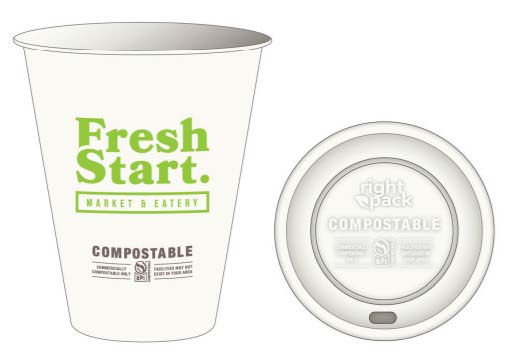
 Wendell Simonson, BPI – BPI’s rules require that all products and packaging are labeled with the BPI Certification Mark unless a category level exemption is in place because of spatial or technical limitations. For more info on Guidelines for the Labeling and Identification of Compostable Products and Packaging, visit: https://bit.ly/LabelingGuidelines
Wendell Simonson, BPI – BPI’s rules require that all products and packaging are labeled with the BPI Certification Mark unless a category level exemption is in place because of spatial or technical limitations. For more info on Guidelines for the Labeling and Identification of Compostable Products and Packaging, visit: https://bit.ly/LabelingGuidelines
We are currently going through a compliance exercise with all BPI Members to make sure that these rules are being met for all printed products by the end of 2021 and for all embossed items by the end of 2023. BPI also maintains a database of all certified products: https://products.bpiworld.org/
Partner Facility Locator

Susan Thoman, CMA – The best way to determine if a product is CMA certified is to visit our website at www.composterapproved.com. You can click the Accepted Products tab on the site, then to click the map location you are interested in. It will provide the list of products that are CMA certified or accepted for that composting site. Each facility will use a list that correlates with a certain composting process or duration, which is indicated by the list code for that site (CMA-W is a windrow list, CMA-I is a covered in-vessel list, CMA-MSAP is a modified static aerated pile list, etc.).
CMA encourages collaboration across the supply chain and we welcome opportunities to engage with groups that want to co-create the future of compostables with compost manufacturers.
